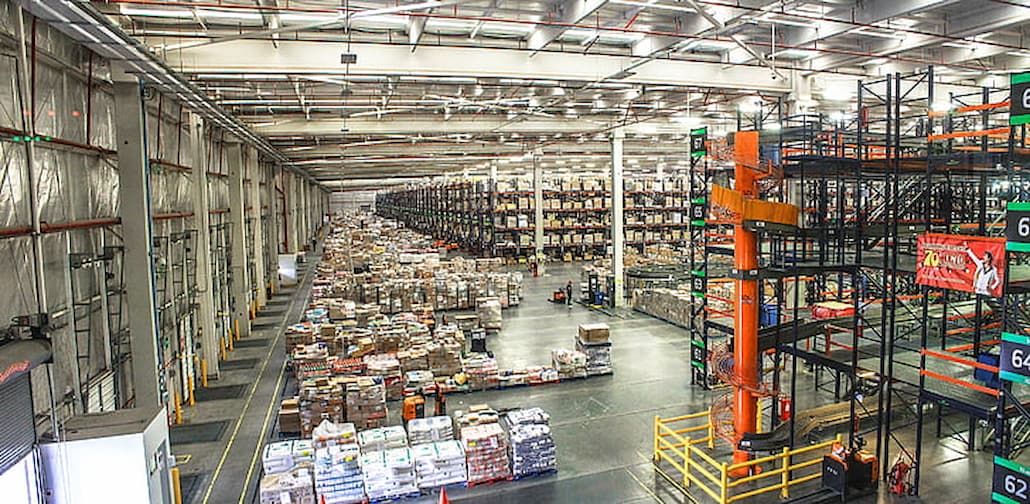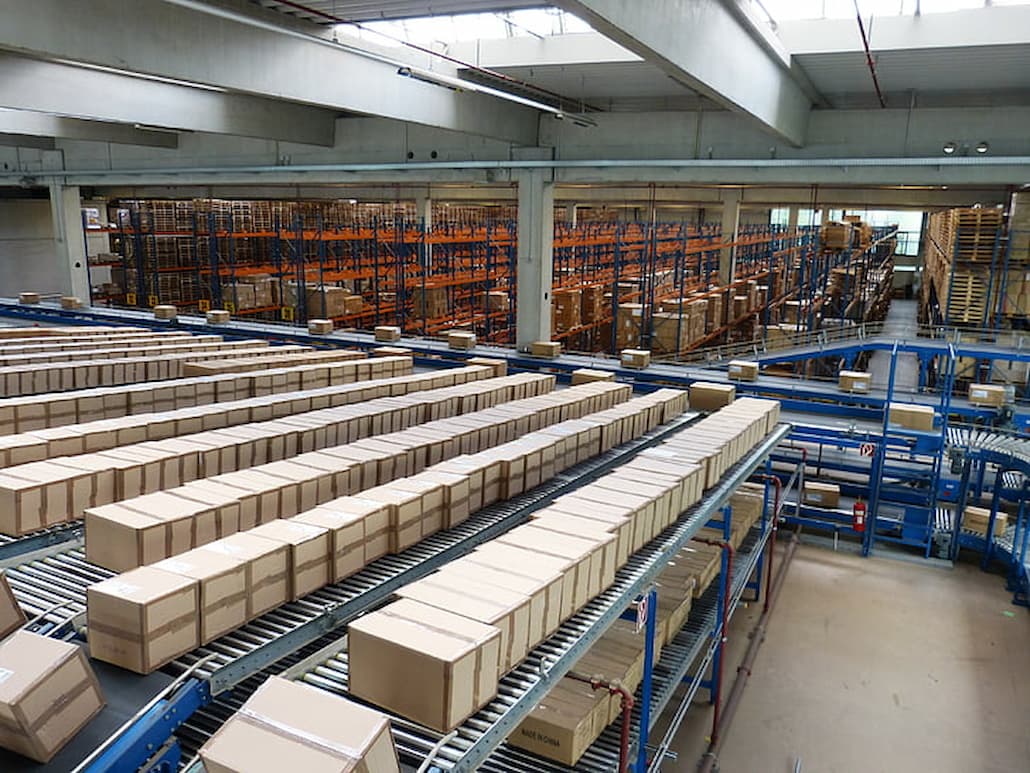Beneficios económicos del almacenamiento
Aug 25, 2024Imagine un bullicioso centro de actividad, donde los bienes se almacenan, gestionan y distribuyen cuidadosamente, contribuyendo al crecimiento y la prosperidad de diversas industrias.
El almacenamiento, que a menudo se pasa por alto en el discurso económico, desempeña un papel fundamental para mejorar la eficiencia y facilitar el comercio fluido. Su impacto va mucho más allá de las paredes físicas que albergan los productos, extendiendo su influencia a toda la cadena de suministro e incluso a la economía en general.

Una de las ventajas notables del almacenamiento radica en la gestión de inventario. Al ofrecer un refugio seguro para los productos, los almacenes permiten a las empresas mantener niveles óptimos de existencias, evitar desabastecimientos y minimizar el exceso de inventario. Este enfoque estratégico no sólo garantiza un suministro constante de productos para satisfacer la demanda de los clientes, sino que también ahorra costos asociados con pedidos de emergencia o limitaciones de almacenamiento.
Además, el almacenamiento actúa como facilitador del tiempo y la conveniencia geográfica. Al ubicar estratégicamente los almacenes cerca de los mercados objetivo, las empresas pueden reducir los costos de transporte y los plazos de entrega. Un cumplimiento de pedidos más rápido y eficiente genera clientes satisfechos, una mayor lealtad del cliente y, a su vez, mayores ganancias.
Más allá de los beneficios inmediatos, el almacenamiento también ayuda en la gestión y mitigación de riesgos. Mediante medidas de seguridad y almacenamiento adecuadas, los bienes están protegidos contra daños, robos y desastres naturales. Esta protección del inventario protege a las empresas de posibles pérdidas, permitiéndoles centrarse en el crecimiento y la expansión.

Además, el concepto de almacenamiento se extiende más allá de los bienes físicos. En la era digital, el almacenamiento virtual ha ganado una importancia significativa. Se refiere al almacenamiento y gestión de datos, garantizando su disponibilidad, accesibilidad y seguridad. Con el crecimiento exponencial de los negocios en línea y la computación en la nube, el almacenamiento virtual desempeña un papel vital para mantener operaciones fluidas, salvaguardar la información crítica y cumplir con las regulaciones de privacidad de datos.
En resumen, los beneficios económicos del almacenamiento se extienden por todas partes. Desde una gestión eficiente del inventario hasta una logística optimizada, desde la mitigación de riesgos hasta la protección de los datos, el impacto del almacenamiento trasciende las industrias e impulsa el crecimiento económico. Adoptar esta función esencial permite a las empresas prosperar en un mercado competitivo, satisfacer las demandas de los clientes y, en última instancia, cosechar los beneficios de una cadena de suministro bien administrada.
Ahora que ha vislumbrado el vasto potencial del almacenamiento, espero que este artículo haya despertado su interés y lo haya inspirado a explorar más a fondo este tema intrigante.
Por Colin Zhang
---25 de abril de 2024

Add: NO.409 West Jianshe Road, Economic Development Zone, Jinhu County, Jiangsu Province, China
Derechos de autor
2026@ Jiangsu Kingmore Storage Equipment Manufacturing Co., Ltd Reservados todos los derechos.
mapa del sitio
| Blog
| Xml
| política de privacidad
 RED SOPORTADA
RED SOPORTADA